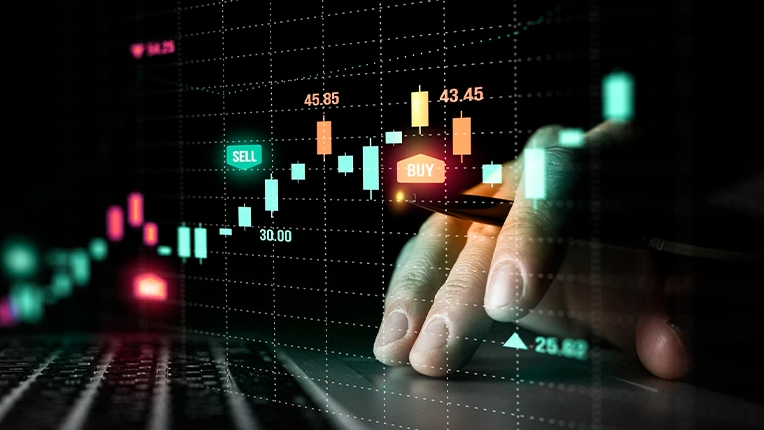
The foreign exchange market, commonly known as the forex market, is one of the largest and most liquid financial markets in the world, with an immense trading volume exceeding $6 trillion daily. Operating 24 hours a day across major financial centers globally, forex trading offers enormous opportunities for profit in both stable and volatile market conditions. This article delves into strategies for mastering forex trading, with a specific focus on sustaining success in volatile markets.
Understanding Volatility in Forex Markets
Volatility in the forex market refers to the rate at which currency prices increase or decrease over time. High volatility signifies larger price swings and, consequently, heightened opportunities and risks. Various factors contribute to forex volatility, including economic data releases, geopolitical events, interest rate changes, and global financial stability. Understanding these influences is paramount for effective trading strategy development, particularly during periods of substantial volatility.
Developing a Robust Trading Plan
A well-structured trading plan is essential for thriving in volatile forex markets. A robust trading plan should encompass clear objectives, risk management tactics, and predefined criteria for entering and exiting trades. Establishing a disciplined approach prevents emotional decision-making and enhances consistency in trading outcomes. Regularly reviewing and adjusting the plan in response to market changes can greatly benefit long-term success.
Effective Risk Management Techniques
Risk management is crucial when navigating volatile forex markets. Traders must assess their risk tolerance and employ strategies such as setting stop-loss orders to minimize potential losses. Additionally, position sizing—determining the size of each trade based on account equity and risk appetite—is vital. Diversification across different currency pairs and using leverage cautiously can further mitigate risk and protect capital.
Technical and Fundamental Analysis
Successful forex trading often hinges on a combination of technical and fundamental analysis. Technical analysis involves evaluating price patterns, trends, and indicators on charts to forecast future movements. Common tools include moving averages, Bollinger Bands, and the Relative Strength Index (RSI), among others. Meanwhile, fundamental analysis focuses on economic indicators, such as Gross Domestic Product (GDP), employment rates, and monetary policy decisions, to gauge currency strength. By integrating both forms of analysis, traders can make more informed decisions, particularly in volatile environments.
Utilizing Automated Trading Systems
Automated trading systems, also known as algorithmic trading or forex robots, can be a valuable tool in volatile markets. These systems execute trades based on pre-established criteria and algorithms, eliminating emotional biases and allowing for faster response to market conditions. While automation offers numerous advantages, including precision and efficiency, traders must ensure they use reliable systems, regularly back-test algorithms, and monitor performance to ensure consistency and profitability.
Psychological Resilience in Forex Trading
The mental aspect of trading cannot be overlooked. Emotional responses to market volatility can lead to irrational decisions and potential financial loss. Traders must cultivate psychological resilience by maintaining discipline, managing stress, and keeping a long-term perspective. Adopting practices such as continuous learning, seeking mentorship, and maintaining a balanced lifestyle can further fortify mental endurance and equip traders to navigate the challenges of volatile forex markets confidently.
Conclusion: Persistent Learning and Adaptation
Mastering forex trading, particularly within volatile markets, is a dynamic and ongoing journey. Embracing a mindset of continuous learning and adaptation is crucial for long-term success. By understanding market volatility, developing a comprehensive trading strategy, applying effective risk management, leveraging analysis techniques, and cultivating psychological resilience, traders can enhance their ability to seize opportunities and mitigate risks. Ultimately, the key to triumph lies in remaining informed, adaptable, and disciplined in all aspects of forex trading.
